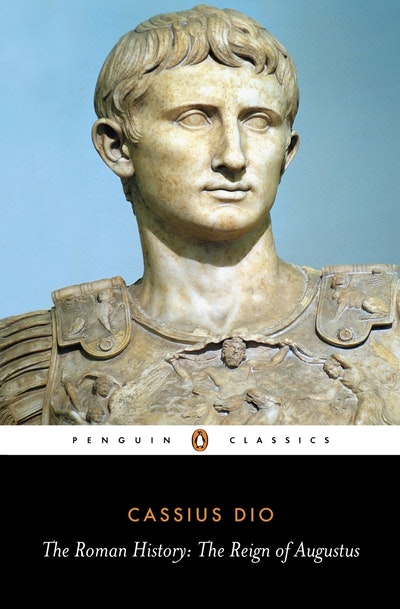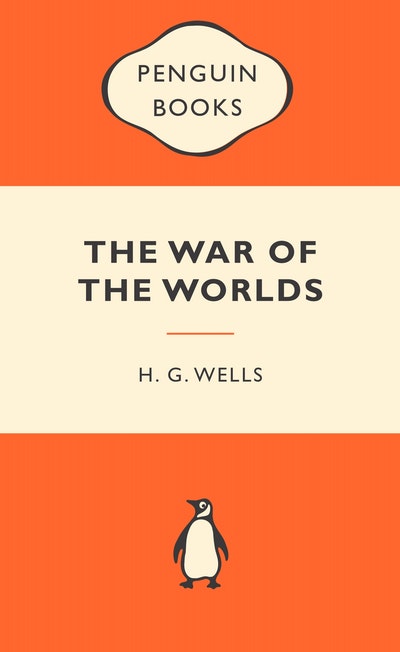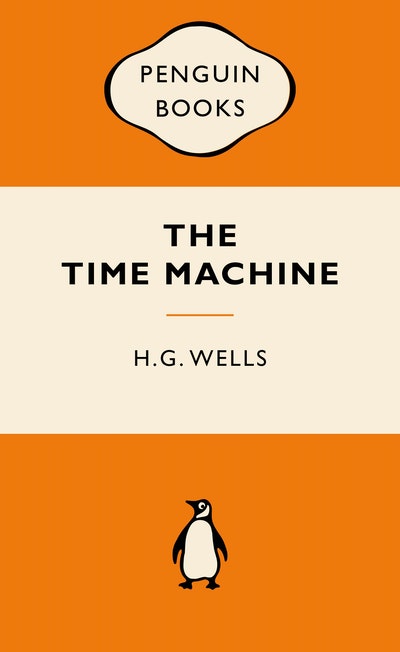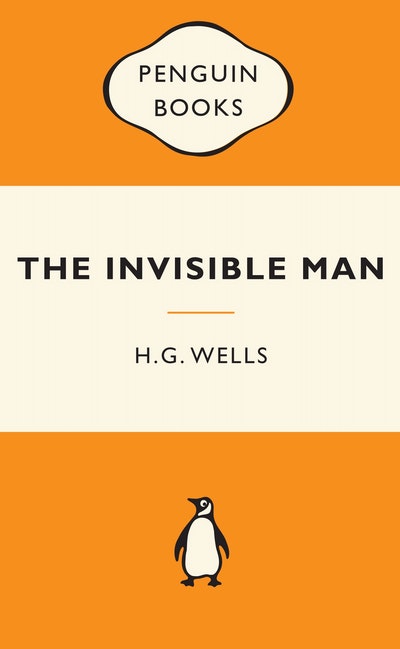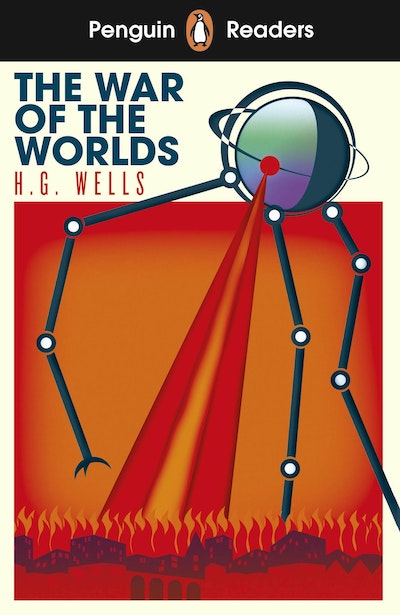- Published: 5 October 2010
- ISBN: 9780451531674
- Imprint: Signet
- Format: Paperback
- Pages: 208
- RRP: $17.99
The Invisible Man
Rediscover H.G. Wells - what does he mean to you?
From the twentieth century's first great practitioner of the novel of ideas comes a consummate masterpiece of science fiction about a man trapped in the terror of his own creation.
A stranger emerges out of a freezing February day with a request for lodging in a cozy provincial inn. Who is this out-of-season traveler? More confounding is the thick mask of bandages obscuring his face. Why is he disguised in such a manner? What keeps him hidden in his room? The villagers, aroused by trepidation and curiosity, bring it upon themselves to find the answers. What they discover is not only a man trapped in the terror of his own creation, but a chilling reflection of the unsolvable mysteries of their own souls.
“My fantastic stories do not pretend to deal with possible things. They aim indeed only at the same amount of conviction as one gets in a gripping good dream.”—H. G. Wells
With an Introduction by W. Warren Wagar
and an Afterword by Scott Westerfeld
- Published: 5 October 2010
- ISBN: 9780451531674
- Imprint: Signet
- Format: Paperback
- Pages: 208
- RRP: $17.99





















































































































































































































































